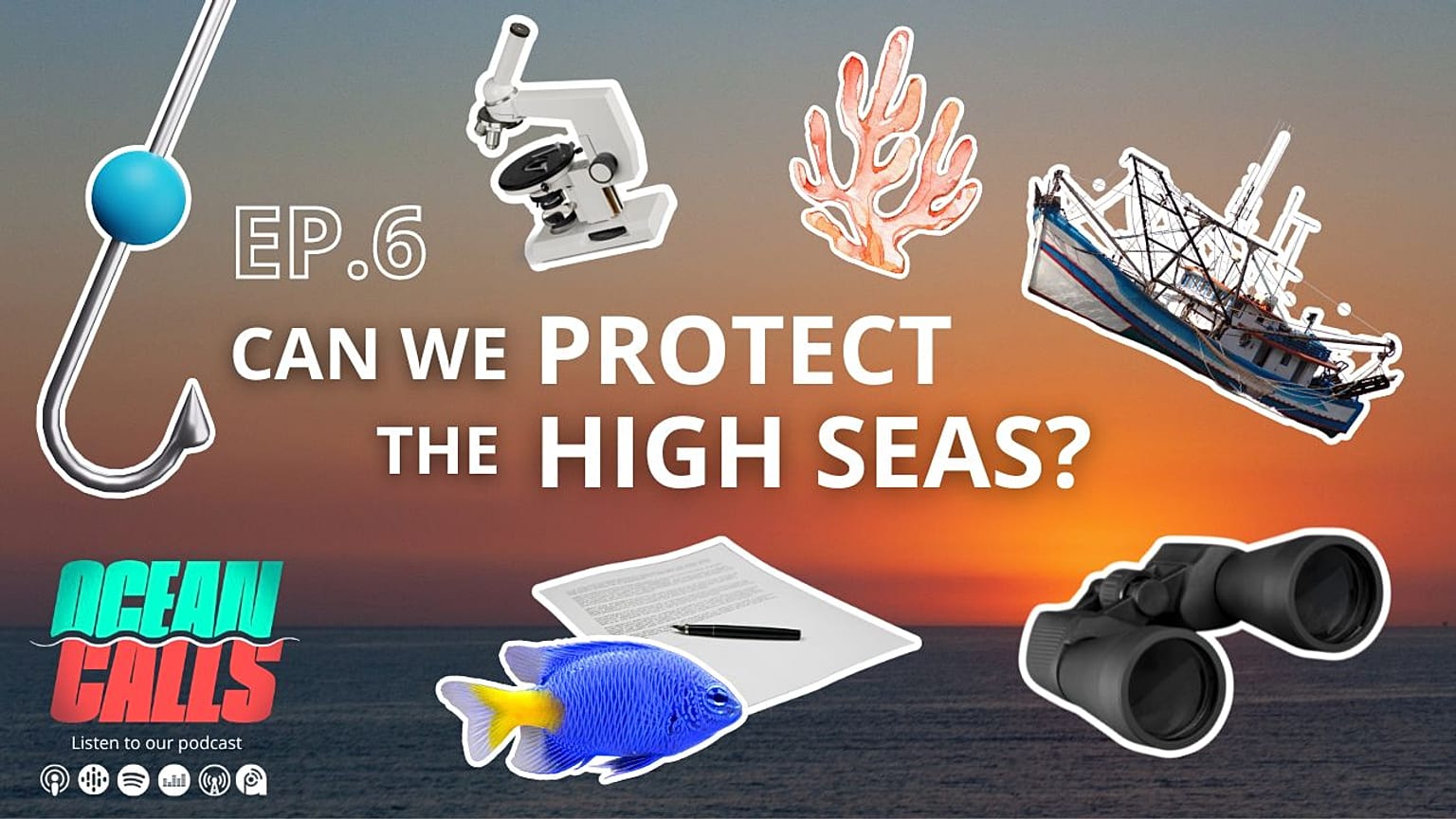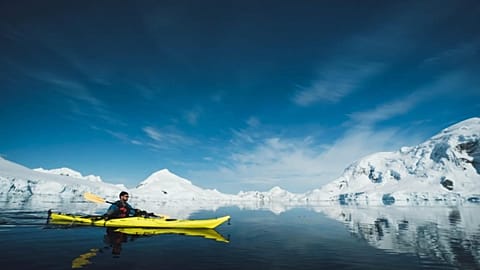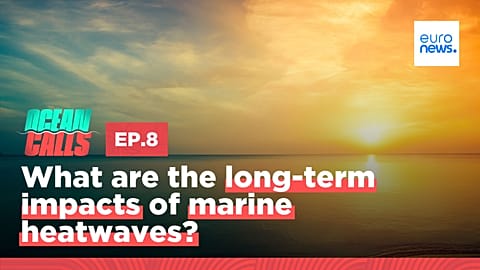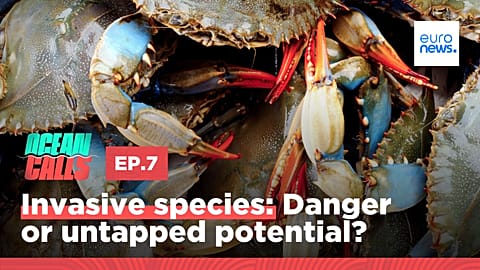In this Ocean Calls episode, we discuss a deal that’s been on the United Nations’ table for over 20 years on how to protect the high seas.
The ocean makes up 70% of our planet’s surface and yet there’s no comprehensive framework to govern the important things such as resource extraction and conservation in the high seas, which are areas outside national jurisdictions.
 ADVERTISEMENT
ADVERTISEMENT
 ADVERTISEMENT
ADVERTISEMENT
In August this year, the United Nations was expected to agree on a treaty that’s been on the table for over 20 years. But the delegates left the UN headquarters in New York without an accord.
“The ambition was to have an instrument that allows states to govern the high seas to be able to really identify, designate and manage marine protected areas,” Alice Vadrot, a political scientist specialising on environmental issues at the University of Vienna, tells this episode of Ocean Calls.
“But then also to address issues of global inequalities. So to find a compromise between the interests of the Global North and the Global South.”
Vadrot’s work focuses on the role of scientific research in international environmental agreements.
She says the interests of developed countries and the limited capacity of the developing nations to access the high seas in order to explore and exploit the resources are one of the biggest roadblocks to reaching an agreement.
“It's tens to hundreds of thousands of pounds a day on board a research vessel to get to the high seas,” says Julian Jackson, head of the Pew Charitable Trusts European Campaign to protect ocean life on the high seas and oursecond guest in this episode of Ocean Calls.
Controversy of marine genetic resources
The areas beyond national jurisdiction contain more mineral resources than on land.
Some countries and companies are already preparing to start the race to mine the deep sea, raising debate in the scientific community.
To learn more about this listen to the Ocean Calls episode on deep-sea mining.
But the ocean has much more to offer mankind, such as genetic resources - living organisms that can be used in medicine.
Today, most drugs derived from natural sources come from land-based molecules, but scientists believe that the high seas may be a rich source of new genetic resources to develop medicines or antibiotics.
And although there’s little scientific evidence on what is exactly there and how it will serve society, it raises expectations, says Vardot.
“It's often described as a new gold in the high seas that many states and many companies have an interest in.”
Jackson says that genetic resources lie in a grey area.
“The UN Convention on the Law of the Sea quite clearly states that mineral resources are the common heritage of mankind, but doesn't clearly say that it's the same for genetic resources.”
But he adds that in the last round of negotiations, “developed countries made some acknowledgements in that area.”
Will the countries agree on a fair deal? Can they agree on how to protect and manage our seas?
In this episode of the Ocean Calls podcast, we discuss the High Seas Treaty with two experts: Alice Vadrot, a political scientist specialised in environmental policies at the University of Vienna, and Julian Jackson, head of the Pew Charitable Trusts European Campaign to protect ocean life on the high seas.
And at the end of the episode, you’ll hear an incredible story from Norwegian football player and environmental activist Morten Thorsby about the time he got close enough to smell and touch his favourite marine mammal.
Created in partnership with the European Commission's Directorate-General for Maritime Affairs and Fisheries.























